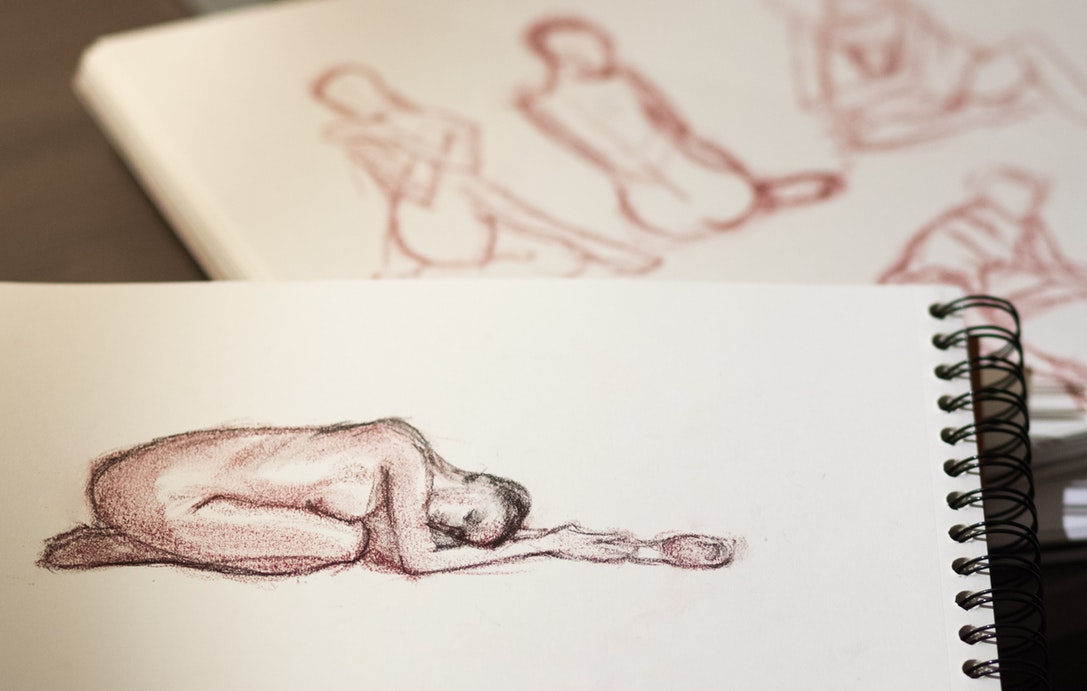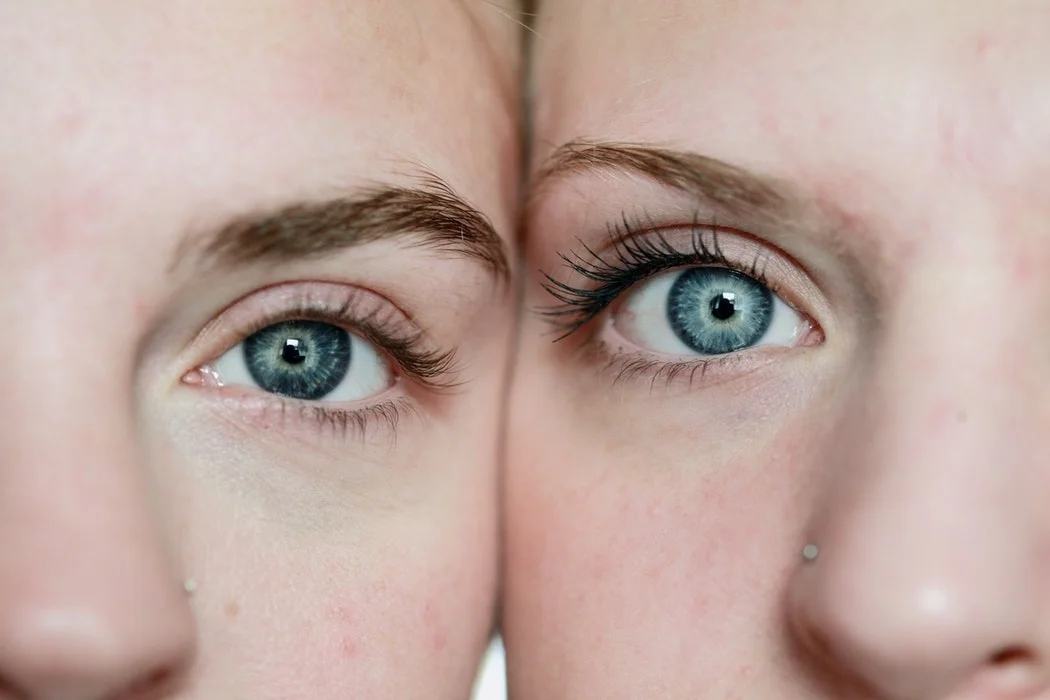For many women with endometriosis, they’re told that their diagnosis is a hormonal one. Many believe endometriosis is the consequence of too much estrogen and not enough progesterone. Although hormones are certainly involved, it’s unlikely that they are the only cause (or main cause) of endometriosis.
Read MoreIn Canada, around 10,000 people between 20-44 years of age are diagnosed with cancer every year and the good news is that 80% of those diagnosed survive. As a result of evolving detection and treatment options, many young Canadians are able to successfully complete their cancer treatments and live full lives. We are seeing more patients and couples asking not only about how they can have a family following cancer treatment, but how they can act preventatively to protect their fertility options before their cancer care plans begin.
Read MoreLet’s face it, most of us ladies have experienced period pain at some point in our lives. Personally, I grew up believing period pain was a normal occurrence. But if you are regularly doubled over in pain, can’t get out of bed, can’t perform your regular daily activities, and you’ve missed work or school due to your periods, maybe it’s time to reconsider. If you’ve been experiencing period pain like I was, how and when do you determine it’s not normal?
Read MoreWhen we talk about hormone-receptive cancers most people jump to breast, cervical, or ovarian cancer in women. But in men, prostate cancer cannot be left out of the discussion. Prostate cancer is the second most common cancer in men, and is fuelled by unhealthy testosterone levels. To put it into perspective, it accounts for 21% of new cancer cases in men each year, and an average of 58 men are diagnosed with prostate cancer every single day. So, if you’re a man wanting to take action against these statistics, how can you decrease your risk and prevent against prostate cancer?
Read MorePolycystic ovarian syndrome, better known as PCOS, affects 5-10% of women of reproductive age. Having PCOS myself, I absolutely love treating PCOS. It responds SO well to natural treatments and women see big improvements with a few lifestyle changes. However, there’s a big problem plaguing the PCOS community: PCOS is being both overdiagnosed and underdiagnosed.
Read MoreFor a staggering 14% of women using birth control, the primary reason for going on the pill is to control severe, cystic acne. Sadly however, many of us reach a point when it’s time to let go of the pill and face the reality of our acne returning. So whether you’re thinking of starting a family, or just ready for a change, how can you best support acne-prone skin while coming off birth control?
Read More





